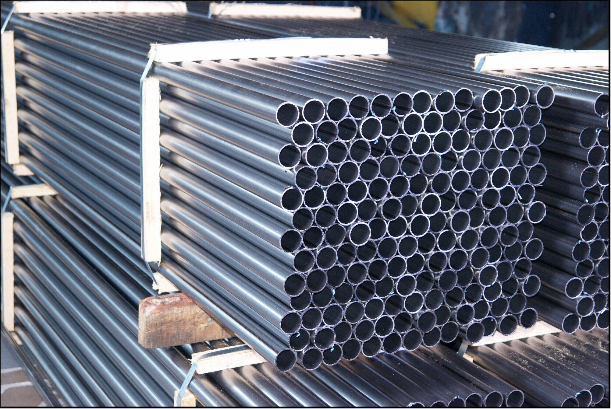Cast carbon steel is a versatile and widely used material in manufacturing, known for its strength, durability, and cost-effectiveness. This metal is a staple in industries ranging from construction to automotive production, making it an essential material for modern engineering.
In this guide, we’ll explore the properties that make cast carbon steel unique, its applications, and why it’s a popular choice for manufacturers.
Ready? Let’s begin!
Key Properties of Cast Carbon Steel
Cast carbon steel is known for its unique blend of properties that make it a reliable choice in demanding applications. Here are some of its notable features:
High Strength and Durability
One of the standout characteristics of cast carbon steel is its impressive strength. It can withstand heavy loads and resist deformation under stress, making it ideal for load-bearing components.
Versatility in Hardness
The hardness of casting stainless steel can be adjusted based on the carbon content and heat treatment process. This flexibility lets manufacturers tailor the material to specific needs. They may need softer, machinable parts, or harder, wear-resistant ones.
Resistance to Wear and Impact
Cast carbon steel excels in environments where abrasion and impact are common. This makes it a go-to material for parts like gears, hammers, and mining equipment.
Affordability
Compared to many other metal alloys, cast carbon steel offers a cost-effective solution. Its abundance and ease of production contribute to its affordability.
Common Applications of Cast Carbon Steel
Thanks to its versatility, cast carbon steel is used across a wide range of industries. Here are some key applications:
Construction and Infrastructure
In construction, casting carbon steel is used for beams, frames, and reinforcements. Its strength ensures stability and safety in buildings, bridges, and other infrastructure projects.
Automotive and Machinery Parts
Cast carbon steel is a staple in automotive and machinery manufacturing. Components such as engine blocks, crankshafts, and hydraulic parts rely on their durability and resistance to wear.
Oil and Gas Industry
In harsh environments like oil rigs, we use cast carbon steel to make valves, pumps, and other equipment. They must withstand extreme pressure and temperature.
Agriculture and Mining
For agriculture and mining, cast carbon steel provides toughness. It is needed for tools, plows, and heavy machinery that face daily wear.
How Cast Carbon Steel Is Made
The production of cast carbon steel begins with melting steel in a furnace. The molten steel is poured into molds to create the desired shapes. This process allows for the creation of complex parts. Other methods might not achieve them.
An investment casting foundry in Texas can customize this process. It will meet specific industrial requirements and ensure high-quality products.
Why Cast Carbon Steel Matters
Cast carbon steel is a cornerstone material in modern industry. Its combination of strength, versatility, and cost-efficiency makes it indispensable for various applications, from automotive parts to heavy machinery.
If you are looking for materials for your next project, or working with an investment casting foundry, know the benefits of cast carbon steel. It will help you make informed decisions.
Cast carbon steel is ideal for industries that need reliable, durable materials. It has many uses and unmatched performance.
Feeling adventurous? Click here to explore more articles and take a stroll through knowledge-land.











